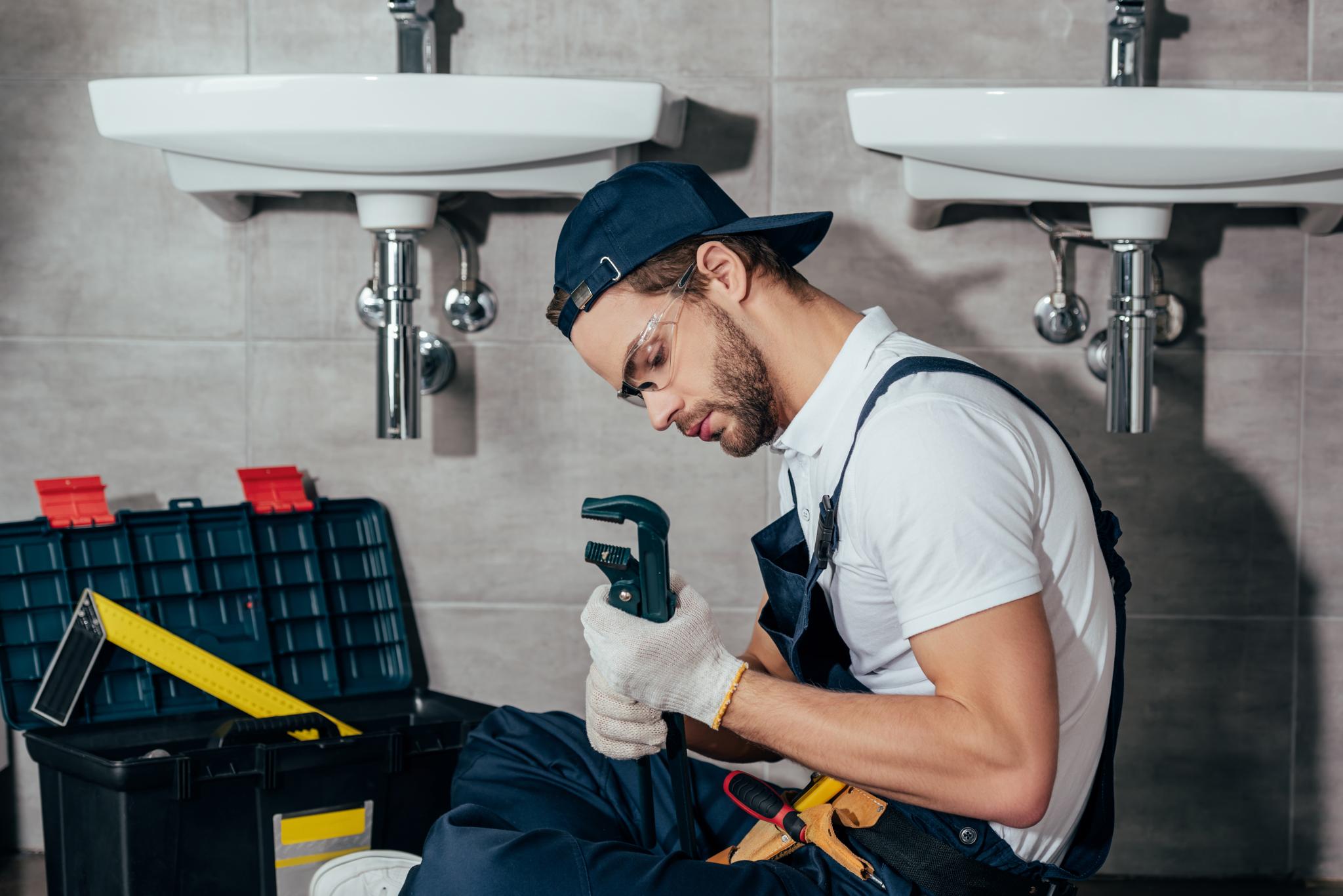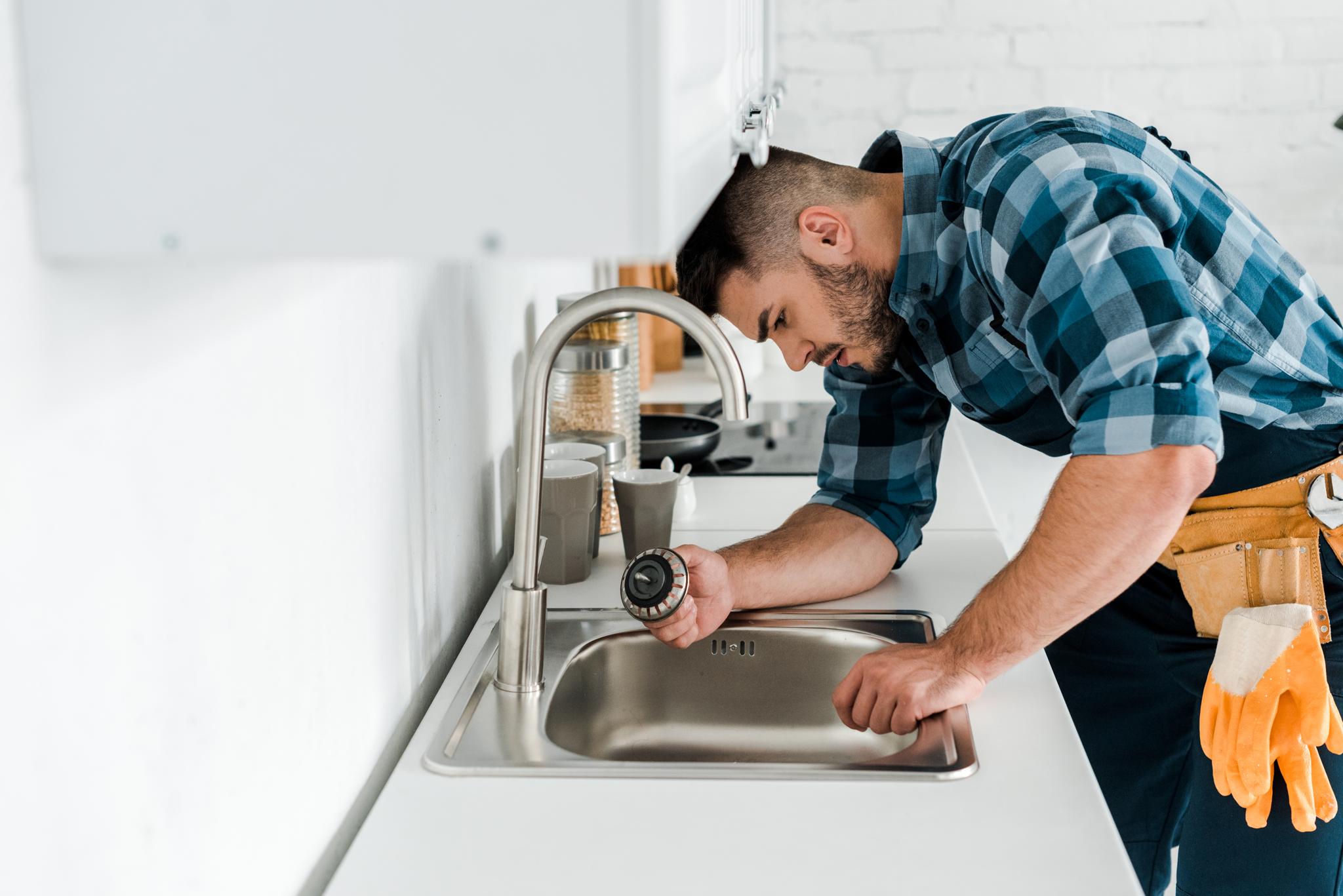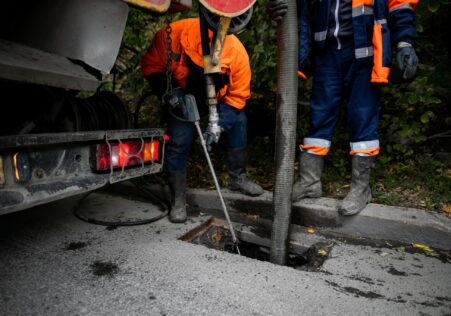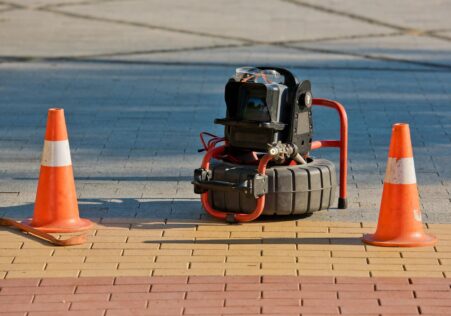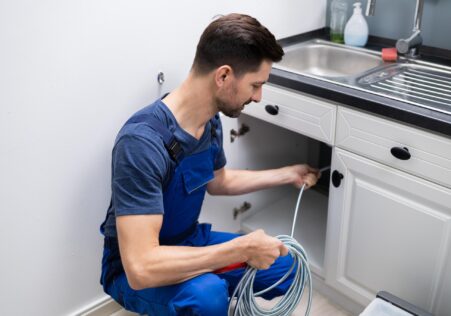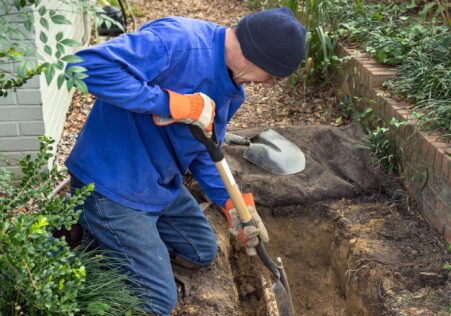What to Do When Your Toilet is Blocked: A Step-by-Step Guide

Toilet blockages can happen at any time and can be a frequent household problem. It’s unpleasant, messy, and inconvenient and require immediate attention. However, you do not always need to call an plumber right away. In this blog we’ll take you through the ways to clean your toilet in no time.
Key Takeaways
- Toilet blockages can be solved using simple tools and techniques such as plungers, baking soda
The tools you’ll need
Before we get started, it’s essential to be prepared with these tools at hand:
- Rubber Gloves
- Plunger
- Baking Soda and Vinegar (Optional)
- A Wire Coat hanger, or a Plumber Snake (Optional)
Step 1: Close the supply of water valve.
The first thing to do when confronted with a blocked toilet is shutting off water valves behind the toilet. This is to ensure that no more water enters the tank during your try to get it unclogged. The valve is usually situated at in the middle of the tank, on the other side.
Step 2: Guard yourself with rubber gloves.
Your hands must be protected from germs or bacteria present in your toilet by wearing rubber gloves prior to making use of any tools to unblock the drain.
Step 3: Use a plunger.
The plunger is by far the most efficient method for cleaning toilets that are blocked. The first step is to gently push down onto the plunger till air is evacuated from it. then place it firmly on the toilet bowl and start plunging quickly up and down for around 20 seconds. The suction generated by the movement of the plunger will assist in removing any blockages.
Tips:
- Be sure to use a powerful but controlled movement.
- Make holes in the sinks or shower drains if they are close by to prevent air pressure escaping as you plunge.
Step 4: Test baking soda and vinegar mixture.
If the plunge doesn’t work Try this method - pour half a cup of baking soda and one tablespoon of vinegar in the bowl. The mixture should sit for around 15 minutes. It will begin to bubble then stop then pour boiling water down (not boiling) to clear the blockage.
Step 5 Step 5: Use a coat hanger that is wire or a plumbing snake.
If plunging, baking soda/vinegar techniques have failed, then it is time to try an electric coat hanger or plumbing snake. Make sure you straighten your coat hanger’s wire until are left with a thin and long wire with a hook that is bent at one end or use it as a plumbing snake which is made specifically to clear drain blockages. Place the snake into the drain hole in your toilet and twist around, twist, push or pull until you feel resistance; it’s the place where the blockage occurs. Gently try to break up any blockages with a back-andforth motion without causing damage to your pipe.
Note:
- Do not overdo pulling or pushing actions as they could result in more damage.
Step 6: Switch on the water supply and check the results.
Once you’ve cleared up any obstructions, it’s vital to turn on the valve for water flow in your toilet bowl again. Make sure to flush it several times to ensure that everything is running smoothly!
| Tools | Description |
|---|---|
| Rubber Gloves | Hand protection from potential bacteria or germs present in the toilet bowl. |
| Plunger | Most effective tool for clearing up blocked toilets. Press firmly over the hole in your toilet bowl and plunge vigorously up and down for about 20 seconds. |
| Baking Soda and Vinegar | Mixture to use if plunging doesn’t work. Pour half a cup of baking soda and one cup of vinegar into the toilet bowl. Let this mixture settle for about 15 minutes, then pour hot water down (not boiling) to flush out the blockage. |
| Wire Coat Hanger or Plumbing Snake | Tools to use if both plunging and baking soda/vinegar methods have failed. Straighten the wire coat hanger until you have a long thin wire with a hook bent at one end or use the plumbing snake, which is designed specifically for clearing drain clogs. |
Frequently Asked Question
How do I know whether my toilet is clogged?
One of the most obvious indicators of a clogged toilet is when water levels rise to the top of the bowl after flushing. You may also notice that water drains away slowly, or you may hear the sound of gurgling from the toilet.
What should I do if the toilet is blocked?
If you think the toilet is blocked and you are unable to flush it, do not attempt to flush it in the future as this could result in flooding. Instead, shut off your water source at the valve on the side of the toilet. Then use a plunger to try to remove any obstruction. If this doesn’t work, call Melbourne Blocked Drains Plumbers for professional help.
How can I stop my toilet from getting blocked?
Yes! There are many actions you can take to avoid your toilet becoming blocked. One of them is to avoid flushing items that are not biodegradable, such as sanitary products, wet wipes or cotton wool into the toilet. Also, avoid spilling oil or grease down the sink, as it can cause solidification and block pipes.
When should I contact an experienced plumber about a blocked toilet?
If you’ve tried flushing into your toilet, but it isn’t unblocking, or you think that there’s a problem with the plumbing system, causing frequent blockages, it’s the right time to seek out an experienced plumber such as Melbourne Blocked Drains Plumbers . We’ve got years of experience with any plumbing problem and can quickly diagnose and resolve any issues that cause disturbance to the home.
Do I need to have my drains cleaned?
It is suggested that you have your drains cleaned by professionals like Melbourne Blocked Drains Plumbers every 1-2 years. This will prevent blockages and ensure that your plumbing system functioning smoothly. However, if you frequently encounter blockages in your drains or slow drainage of water despite taking precautions not to clog them, then regular cleaning is beneficial.
These techniques are fairly simple to carry out, and most of these items are available in homes. If you’re having trouble with your toilets, don’t be panicking after attempting all these methods, contact Melbourne Blocked Drains Plumbers ‘s expert plumbers located in Melbourne , if you’re seeking professional assistance with problems with your blocked toilets.
Additional Information
- The Importance of CCTV Drain Inspection in Commercial Properties
- Understanding CCTV Drain Inspection and the Benefits for Your Home
- Prevent Expensive Repairs with Regular Drain Maintenance
- The Advantage of CCTV Drain Inspection in Detecting Root Infiltration Early
- Top Ways to Avoid Drain Cleaning Emergencies
- Don't Let Your Blocked Drains Cause You Trouble
- The Pros and Cons of Clearing Blocked Drains Yourself or Hiring a Professional
- Common Causes of Drain Blockages and How to Avoid Them
- DIY Drain Cleaning: How to Safely Tackle Clogged Drains
- The Benefits of CCTV Drain Inspections for Blocked Drains and Corroded Pipes


